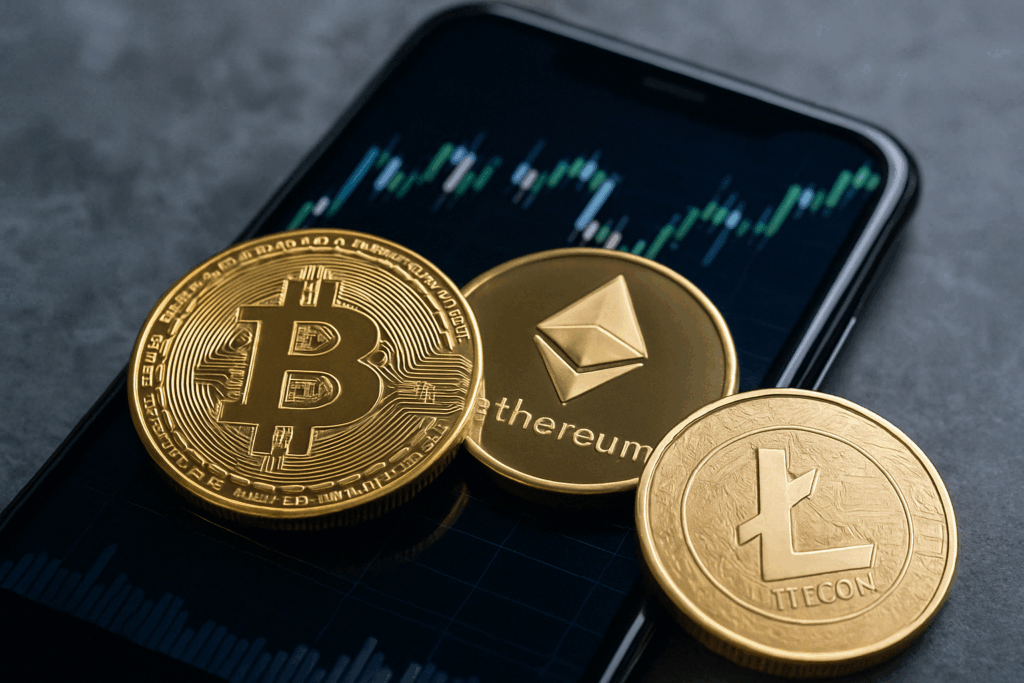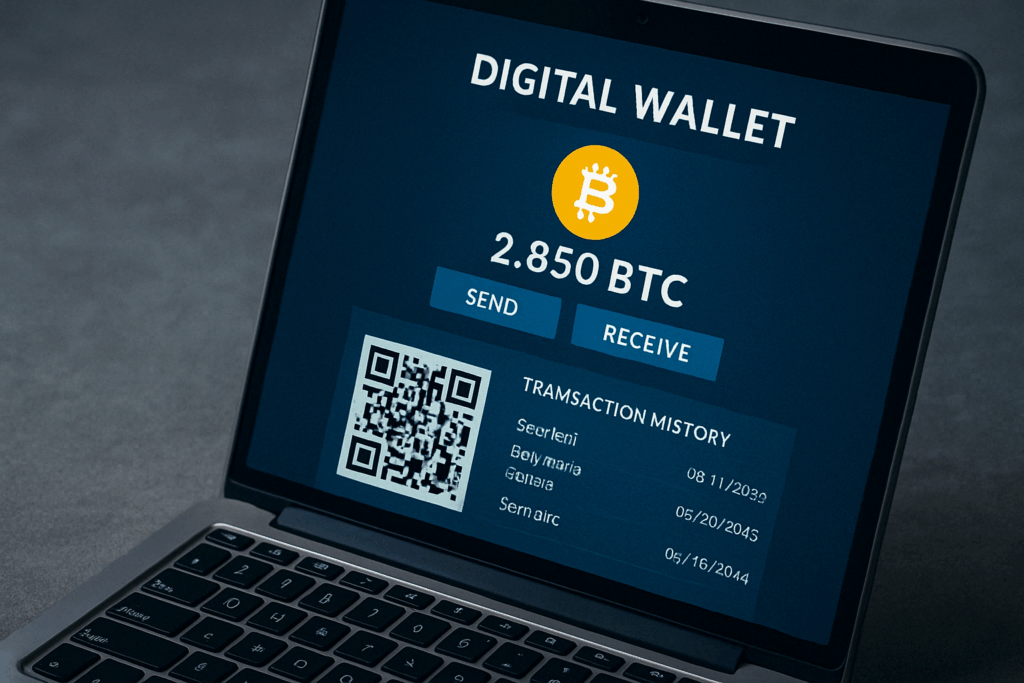
Cryptocurrency might sound like a buzzword reserved for tech enthusiasts or Wall Street investors, but it’s quickly becoming a mainstream topic in the world of money. As more people look for alternative ways to invest or transact, understanding the basics of digital currency has never been more important. Whether you’re curious about Bitcoin or wondering how a digital wallet works, this guide breaks down everything a beginner needs to know.
What Is Cryptocurrency, Really?

At its core, cryptocurrency is a type of digital or virtual currency that uses cryptography for security. Unlike traditional money issued by governments, most cryptocurrencies operate on a decentralized network called a blockchain. This means there’s no central bank or authority controlling it—transactions are recorded by a community of users across the globe.
Bitcoin was the first cryptocurrency, launched in 2009, but thousands of alternatives now exist, including Ethereum, Litecoin, and Ripple. Each serves slightly different purposes but shares the same foundational technology. Cryptocurrencies can be used to buy goods and services, but they’re often seen as investment vehicles due to their volatility and potential for rapid gains (or losses).
How Does It Work?

When someone sends cryptocurrency, the transaction is verified and added to a public ledger—the blockchain. This ensures transparency and security, as every transaction is visible and immutable once recorded. To store and manage your crypto, you’ll need a digital wallet, which can be software-based (an app or website) or hardware-based (a physical device).
Buying cryptocurrency typically involves using an exchange platform like Coinbase or Binance, where users can convert traditional money (like USD) into digital assets. The value of cryptocurrencies is driven by supply and demand, investor sentiment, and broader economic factors—much like stocks.
Things to Know Before Investing

Investing in cryptocurrency is exciting but not without risk. Prices can fluctuate wildly, and it’s possible to lose money quickly. That’s why it’s crucial to do thorough research before diving in. Start by understanding the specific coin or token you’re considering. What problem does it solve? Who is behind it? What’s the long-term outlook?
It’s also wise to start small, diversify your investments, and only use money you can afford to lose. Consider the security of your digital wallet and enable two-factor authentication. And finally, remember that while crypto is a new frontier, it’s not a guaranteed path to wealth—patience and education are your best allies.
